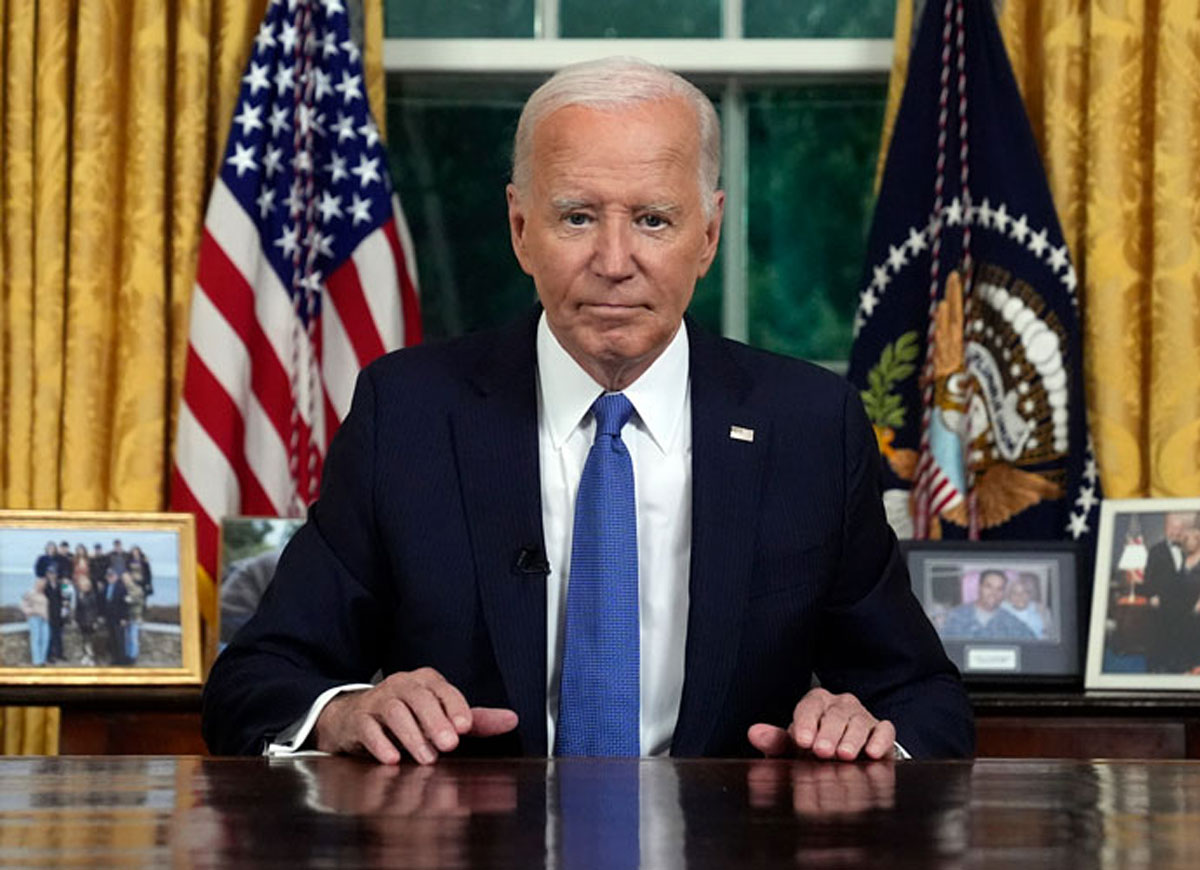Needless Sequels: How Did We Get ‘The Hangover 3’?
We’re living in an age of franchises. In a mad dash for continuity with higher returns, and armed with the knowledge that most moviegoers find comfort in the familiar, so time and again films are duplicated, embellished and rehashed; rarer and rarer is it actually a worthwhile product.
Let’s start with something contemporary. Jurassic Park. Twelve years after the last sequel and over twenty since the original, a fourth entry in the franchise is going to be released to audiences next year. Just from the trailer, which lifts a few too many ideas and camerawork from the first film, fans have already began a backlash. The problem is, this is the third sequel to a movie that didn’t need one in the first place. Jurassic Park was based on the novel by Michael Crichton, and was so successful in both film and book form that fans and director Steven Spielberg pressured Crichton for a sequel. He had never written one, and the result, The Lost World, was met with something between indifference and apathy. The screenplay was substantially different than the novel but was met with the same middling reactions. But that isn’t even the point. The question that all storytellers considering a sequel need to ask themselves is “Why?” What needs to be elaborated on? What was left unsaid that millions of dollars need be spent to explore? I’m arguing a creative point here which is pointless when it comes down to money and brand recognition. If it can sell it has a chance.
Continuing this modern exploration, take a look at The Hangover. It worked for what it was. It told a fun and funny story and everything was wrapped up in a neat little package. It spawned two sequels that were redundant at best and unwatchable in actuality. Look at Caddyshack 2, The Kingdom of the Crystal Skull, Terminators 3 thru whatever, Jaws 2-4, Beneath the Planet of the Apes thru whatever that fifth one was called, Aliens thru Prometheus. How about the Highlander, Exorcist, Psycho and Spider-man sequels?
I’m not saying that all sequels are bad, but there is a deserved stigma to them thanks to an over-saturation. For a moment, let’s take a look at some famous sequels that didn’t make us wretch: Godfather II, Aliens, and Star Trek II: The Wrath of Khan. None of these films ever needed to happen but they did and they’re considered classics in their own right, even separate from the originals that spawned them. When Kay (Diane Keaton) had the door shut in her face after Michael (Al Pacino) clearly lied about having Carlo (Gianni Russo) murdered, the arc was complete. We saw Vito’s (Marlon Brando) nightmare come true. His good, legitimate son had become part of the family business and had blood on his hands. In that way, Godfather II is almost apocryphal especially since it diverts to flashbacks as often and for as long as it does. Under those auspices, the film should be a mess. Instead, it’s a classic. The reason is because it had a purpose. Yes, we knew Michael had become a gangster but we never thought he’d become as bad a human being as he was. Sure, he had Carlo, his brother-in-law killed, but we took pleasure in it because we knew what a sack of crap Carlo was. He betrayed the family by getting Sonny (James Caan) killed, he cheated on and often beat his pregnant wife. Michael punished Carlo and the people responsible for the death of his father and brother. We can get behind that. However, in Godfather II Michael has escalated into something far worse. While his father had dreams of making the Corleone family a completely legitimate organization (an ideal Michael shared) he was unable to fulfill the hope. While Michael is indeed betrayed by Fredo (John Cazale), his own brother, Michael’s drastic decision did not need to be made. But he did it anyway. We see, in the end, Michael is far worse than his father was, and arguably worse than any of his enemies. This is juxtaposed by the tale of his father as a young man, vowing vengeance and rising to power. He did what he did not for survival and not from ego. What he did he did for family and never lost sight of that. It was why he was beloved; Michael, instead, withdrew and became hated.
That’s why Godfather 3 didn’t work. It had this theme of redemption, but often devolved into something cheap and campy. We see Michael die alone after losing his daughter to the violent life he had set himself thirty years before. Well no kidding. This was established as a possibility in the first movie and confirmed truly in the second. Look, we can spend all day discussing why Godfather 3 stinks on ice, but the point is: the movie never needed to exist and never persuaded us in its right to exist either.
In 1979, Alien mixed horror and science fiction to film perfection. It openly rebuked the bright lights, excitement and hopefulness of Star Trek and Star Wars. Instead, it felt permanently contemporary. The technology never felt that distant, the characters we fairly unhappy, and the ship was as ugly on the inside as it was outside. Then there was Aliens. I am not the biggest fan of that movie, but it does work as a sequel. It added to the universe of the original and created a new situation. Sure, James Cameron‘s attempts as social commentary were as subtle as the Watts riots, but took something established and added a new layer that was entertaining and interesting. As the sequels went on, minor attempts were made to create differences, but Aliens3 was essentially a remake of Alien and Alien Resurrection was essentially a remake of Aliens. They were both also creatively bankrupt and without any real thesis statement to work from. Aliens didn’t need to exist, no, but it was willing to be its own beast. It didn’t want to retread, it wanted to run its own course, and did so greatly.
Finally, we come to Star Trek II: The Wrath of Khan. Whether it needed to exist is an arguable point. When Paramount asked Trek creator Gene Roddenberry to turn the series into a feature film franchise to run opposite Star Wars, Roddenberry didn’t want comparisons drawn between the two brands. Star Trek was older and already established. It focused on exploration and science rather than the warring sci-fi fantasy of George Lucas. The result was Star Trek: The Motion Picture. Roddenberry wanted brains to separate itself from Star Wars’ brawn, which is an understandable notion, but the result was god awful. Most fans refuse to acknowledge it outside of a scant few moments, but it created enough buzz and there was such a thirst for new Star Trek after a decade of silence, fans went in droves to see how the characters they loved aged and changed but we given the old bait and switch. Sure, Kirk became an admiral, but the plot was little more than an ode to 2001 and managed to be even more dull.
The decision was made that a sequel would be produced since TMP made so much money. Paramount was aware of the fan backlash and figured that the sequel would be one last attempt at wringing some money out of a dead franchise. Roddenberry was made a “consultant” and Harve Bennet, Nicholas Meyer, Michael Minor and Jack Sowards were brought on create life from lifelessness. While not my favorite, The Wrath of Khan is by far the best of the Star Trek films. It was wholly different than anything the franchise had seen before; it drew upon the source material but didn’t hold it as the word of god. In the end, not only was it a sequel done right, but it was a film done right.
Now, the problem with most of these other sequels–Jurassic Park, The Hangover, Terminator, Indiana Jones–doesn’t just stem from a lack of creativity, it’s that fact that they don’t add anything new to our understanding of the characters or the world they inhabit. The Matrix sequels are the other side of that coin. The characters and the world were elaborated on, but it just wasn’t interesting or entertaining. Sequels are a fine line to tread so it’s unfortunate that most seem to just be snorting it. When Watchmen was being adapted by Zack Snyder, it was reported that the actors had been contracted for three films, though the story by Alan Moore and Dave Gibbons was a standalone one. When asked about the contract, star Patrick Wilson said that it was a fairly typical addendum in most film contracts now. Though a film may not have a sequel in mind, if successful enough the studio behind it will greenlight a sequel and they would want their stars back. Hot Tub Time Machine is a great example in a few ways. It wasn’t expected to do well and it did anyway so a sequel was commissioned, but without contracts tying them down both John Cusack and Lizzy Caplan won’t be returning. I don’t think that it will make a difference either way (this movie just won’t be good no matter who is or isn’t returning) but it does show us that there is almost always an eye being kept on films for franchise potential.
The only problem is that there isn’t a franchise in everything.
We’re going to be inundated with needless sequels for quite a while longer because of these extra clauses in contracts and this desire to create a franchise where none exists. The way around this is an obvious one that places the onus back on us, the viewer. Stop going to see them. The price of liking a movie now often means a sequel will be forced down our throats–and sure, sometimes the sequels are good–but here’s a novel concept I’m going to steal from The Critic, “If the movie stinks, just don’t go.” Of course, this mantra didn’t take (the episode aired in 1994) but it’s sound advice. However, if you don’t support needless sequels less will be made until the studios figure out that if one is going to be made it should probably at least try to be good.
RELATED ARTICLES
Get the most-revealing celebrity conversations with the uInterview podcast!








Leave a comment